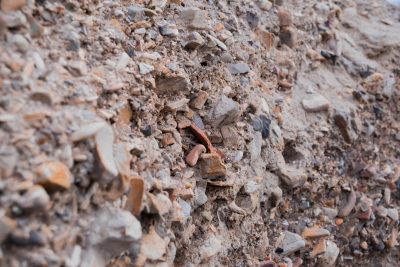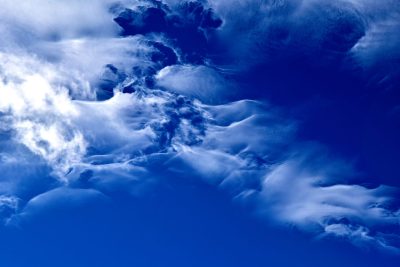Staff
150 Books for 150 Years of Statehood

Through The Digital Looking Glass

Herman Asarnow On James Merrill’s “Pearl”

Theodore Roethke Prize & Richard Hugo Prize 2008

STANLEY PLUMLY Something of the Sort: Full-bodied, paper-original, non-expedient correspondence

Summer Reading Lists 2007

Matthew Rohrer: “Hey There, Mr. Blue”

Mail, v1.n2 Fall-Winter 2006-07

